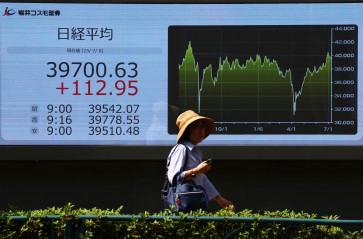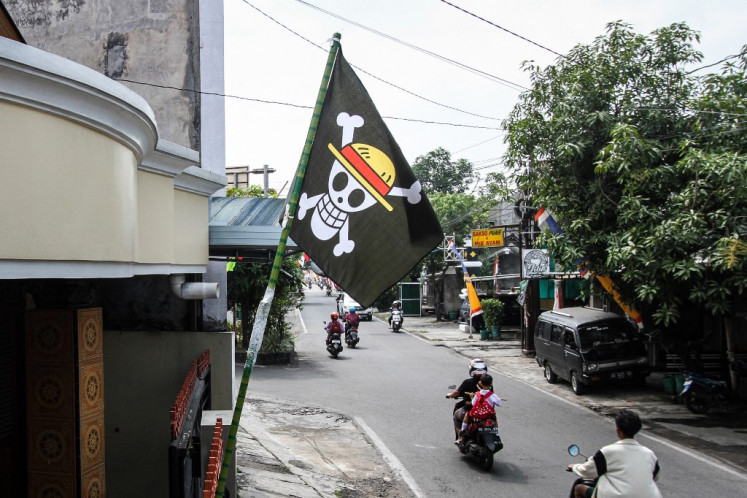Popular Reads
Top Results
Can't find what you're looking for?
View all search resultsPopular Reads
Top Results
Can't find what you're looking for?
View all search resultsYour letters: Airport security and its efficiency
The US spent a lot of money on improving airport security, making it seem safe, but how can we be sure it works? Some techniques must have helped with reducing the threat of terrorism but looking at the big picture, is spending all that money to advance security necessary or even efficient? As a result of terrorism airport security is harsher, which makes us feel safer but making it unnecessarily hard to travel
Change text size
Gift Premium Articles
to Anyone
T
he US spent a lot of money on improving airport security, making it seem safe, but how can we be sure it works? Some techniques must have helped with reducing the threat of terrorism but looking at the big picture, is spending all that money to advance security necessary or even efficient?
As a result of terrorism airport security is harsher, which makes us feel safer but making it unnecessarily hard to travel. Not only must we, the passengers, contend with long queues but it has given terrorists other places to target.
If the US focuses on airport security then terrorists will target other public places such as malls, parks, offices, hotels or schools. Terrorism isn't about getting bombs on planes; it's about spreading terror to anyone, anywhere.
If a terrorist feels that airport security is too tight, then it makes no difference to them. Although some terrorists are still trying to get explosives on flights, many others must realize how much easier it would be to sneak a bomb in somewhere else.
For example, May 1, 2010, a car bomb was found in Times Square, New York.
Although it failed to detonate, it would have injured the people on the busy streets of Times Square and yet, cars still aren't checked before entering Times Square.
Technology is not only advancing for security, but also for weapons.
It is quite senseless to spend all that money on airport security and pay no attention to other public places. Ignorance is causing the US to make airport security as tight as possible while other public places are not left unprotected.
Banning items from flights that were used as explosives in the past are close to useless. Having to remove laptops from bags and shoes off feet are not only tiresome but create long lines of impatient people.
This all adds to the inconvenience of traveling. If security focuses on checking shoes and liquids, it just presents a challenge to terrorists to find another way to get explosives on planes.
First, the shoe bomber and then the underwear bomber. Whatever next?
'It is like saying, last time the terrorist wore red shirts, so now we're going to ban red shirts.' Bruce Schneier, a cryptographer and security technologist, says.
Always changing the rules and banning items on flights may not be the most logical way to prevent terrorism from affecting civilians.
I'm not saying that everything the US is doing is wrong. Of course we need security to stay safe, but sometimes all that security just heeds the saying, 'If at first you don't succeed, try, try again' to terrorists.
A way the US could prevent terrorism is to focus on solving the issues that lead to it; it is a lot harder to prevent terrorism by looking for explosives. And in the long run, we want to get rid of terrorism, not just dodge bombs.
So although some specific safety procedures are sufficient, like locking cockpit doors and matching baggage with passengers, the US should focus on improving their other security measures that aren't as useful.
Marissa Shankar
Jakarta










